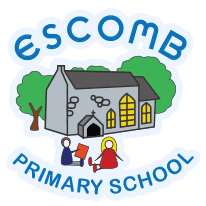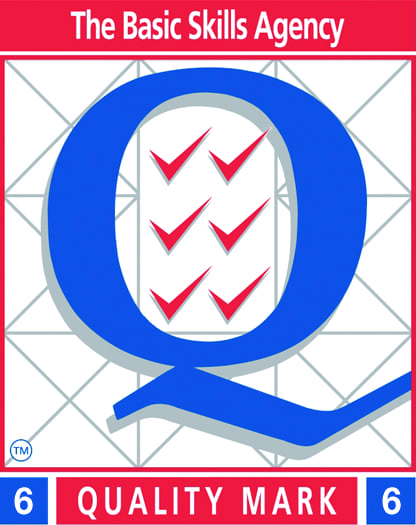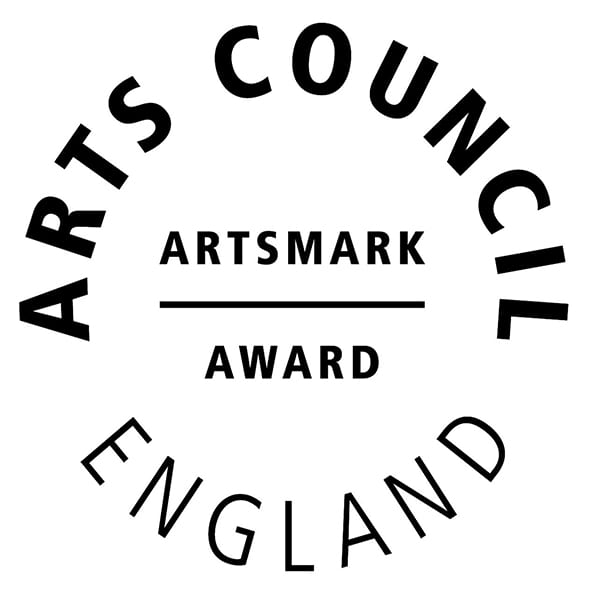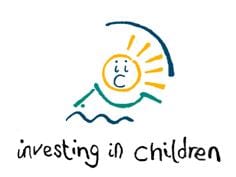Most children and young people in mainstream schools will have their special educational needs met through good classroom practice. This is called Quality First Teaching.
Early Identification of Need
In deciding whether to make special education provision to support educational, social, physical or emotional needs, we:
- Work in partnership with parents/carers, pupils
- Consult with relevant external agencies
- Use assessment tools & materials
- Use Short Notes ( for if we find a barrier to learning.)
SEN Support
Where a pupil is identified as having a special educational need we follow a graduated approach which takes the form of cycles of “Assess, Plan, Do, Review”.
This means that we will:
- Assessa child’s special educational needs. Through collection of data, class based tasks, observations and discussions with parents/carers we will ascertain the need of the child.
- Planthe provision to meet your child’s aspirations and agreed outcomes. In discussion with the child, parents/carers and class teachers an agreed plan of action of SMART targets will be put in place.
- Doput the provision in place to meet those outcomes. This is an opportunity to work towards the agreed targets over an agreed period of time.
- Reviewthe support and progress. A meeting will be held with parents/carers and, where appropriate, children, to review the impact of the agreed actions. If it is felt further action and support is required then the process will be repeated.
As part of this approach every child with SEN will have an individualised SEN Support Plan that describes the child’s needs, outcomes & provision to meet those needs. Parents/carers and child/YP (where appropriate) views are integral to the this process.
A small percentage of children and young people with significant and/or complex needs may require an assessment that could lead to an Education, Health and Care Plan.
- This is a very detailed assessment of each child’s needs. Parents or carers, the school and a range of professionals will all be asked to provide written reports.
- At the end of the assessment phase the Local Authority will consider these reports to help decide whether or not to issue an Education, Health and Care Plan for the child.
- Parents/carers also have the right to ask the Local Authority to carry out this assessment although it is usually best if you can do this with the support of the school.
- Education, Health and Care Assessment is only appropriate for a small number of children. Your school SENCO or the Parent Partnership Service will be able to advise you
- For children currently with an EHCP an annual review takes place with all stakeholders and a termly review of the targets takes place between the class teacher and parents/carers.
For more detailed information see the Local Offer
Details of Identification and Assessment of Pupils with SEN
If your child has SEN, it is important for us to carry out formal assessments to identify their strengths and identify their needs accurately. To do this, we will use a range of methods depending upon their needs. When your child enters our school, their current attainment is assessed to give us a ‘baseline’ from where they will progress. In addition to the assessments that all children take part in and depending upon their needs, other assessments may be needed. These could include:
Communication and interaction (SLCN, ASC)
- Speech and Language Let’s Talk assessment
- Speech Therapy Assessments – which may focus on sound production, language understanding, or other relevant assessments of your child’s needs
Cognition and learning (MLD, PMLD, SLD, SpLD)
- Subject specific assessment
- Education Psychology Assessments – which may include memory, understanding, reasoning, logic, and general skills assessment.
Social, Emotional and Health Difficulties
- Assess through observations of pupils
Sensory and/or Physical Difficulties
- Movement Programme baseline assessment
- Handwriting and copying skills baseline assessment
- Sensory worx initial assessments
At Escomb Primary School, we currently have children with a variety of needs in school and provide the following interventions to meet the needs of our children:
Support for children with physical needs:
- Quality First Teaching, accessing a broad and balanced curriculum
- Daily Gross Motor Skills interventions.
- Specialist advice and support from Sensory worx
- Specialist group support from outside agencies e.g. Occupational Health
Support for children with speech, language and communication needs:
- Quality First Teaching, accessing a broad and balanced curriculum
- Daily Speech and Language interventions.
- Specialist group support from outside agencies e.g. Speech and Language Therapy
Support for children with social, emotional and mental health difficulties:
- Quality First Teaching, accessing a broad and balanced curriculum
- Children engage in social groups or, where appropriate, One to One sessions that address any relevant issues or concerns children may have.
- Weekly SEAL lessons
- Specialist group support from outside agencies e.g. CAMHs Mentoring and Counselling;
Support for children with cognition and learning needs:
- Quality First Teaching, accessing a broad and balanced curriculum
- Specialist group support from outside agencies e.g. Educational Psychology Service or Cognition and Learning Team
- Specific individual support for children whose learning needs are severe, complex and lifelong and what this means for your child e.g. Dyslexia,
- Range of teaching and learning styles;
- A broad range of extra-curricular activities, including After-School
- Matching work to the individual needs of the child through differentiation
At Escomb Primary School, we evaluate the effectiveness of SEND provision to ensure that pupils receive the best support to meet their needs and as part of the Graduated Approach of Assess, Plan, Do and Review. We currently evaluate the effectiveness of SEN across the four broad areas of SEN provision in the following ways:
Communication and interaction (SLCN, ASC)
We use the Let’s talk assessment tools to assess before and after any intervention to evaluate the impact of provision.
Cognition and learning (MLD, PMLD, SLD, SpLD)
We use the assessment data provided by teaching and support staff to assess before and after any intervention to evaluate the impact of provision.
Social, Emotional and Health Difficulties
We use the observatiosn provided by teaching and support staff, parents and pupils to assess before and after any intervention to evaluate the impact of provision.
Sensory and/or Physical Difficulties
We use the observations and Sensory work data to assess before and after any intervention to evaluate the impact of provision with Gross Motor Skills. We also use assessment data from frosting and pen pals to aid our assessments.
How are resources made available to support children with SEND?
The resources we use to support children with SEND depend upon their needs and they are allocated on an individual basis. Once your child has been identified as SEND, their needs will be assessed and targets and outcomes will be identified. It is the responsibility of the SENCO to ensure that the resources that are required are made available and that staff are aware of their individual needs. We are very flexible in our approach and we constantly monitor and evaluate the effectiveness of our interventions and the provision that we provide.
- As part of our staff professional development, all members of staff received training to support children with SEND:
- School-based CPD – systems and procedures, staff audit, staff planning and agreed action points.
- ‘SEN Outcomes –good quality outcomes, SEN Support Plans and Primary Areas of Need’.
- Supporting children with ASD.
- Speech and Language Specialist Training – Verbal Reasoning for Pupils
Staff Training: will vary each year depending upon the needs of the children.
For further information please view or download our Accessibility Plan which can be found in the School Policies section of our website.









